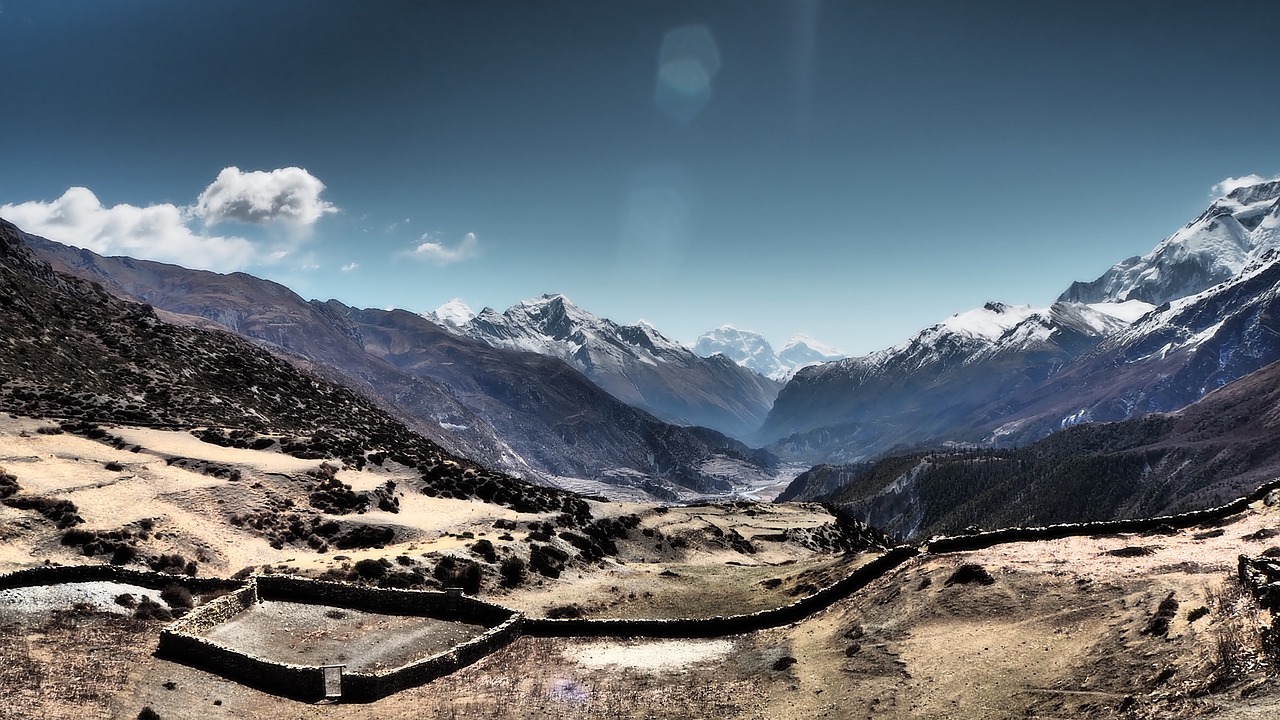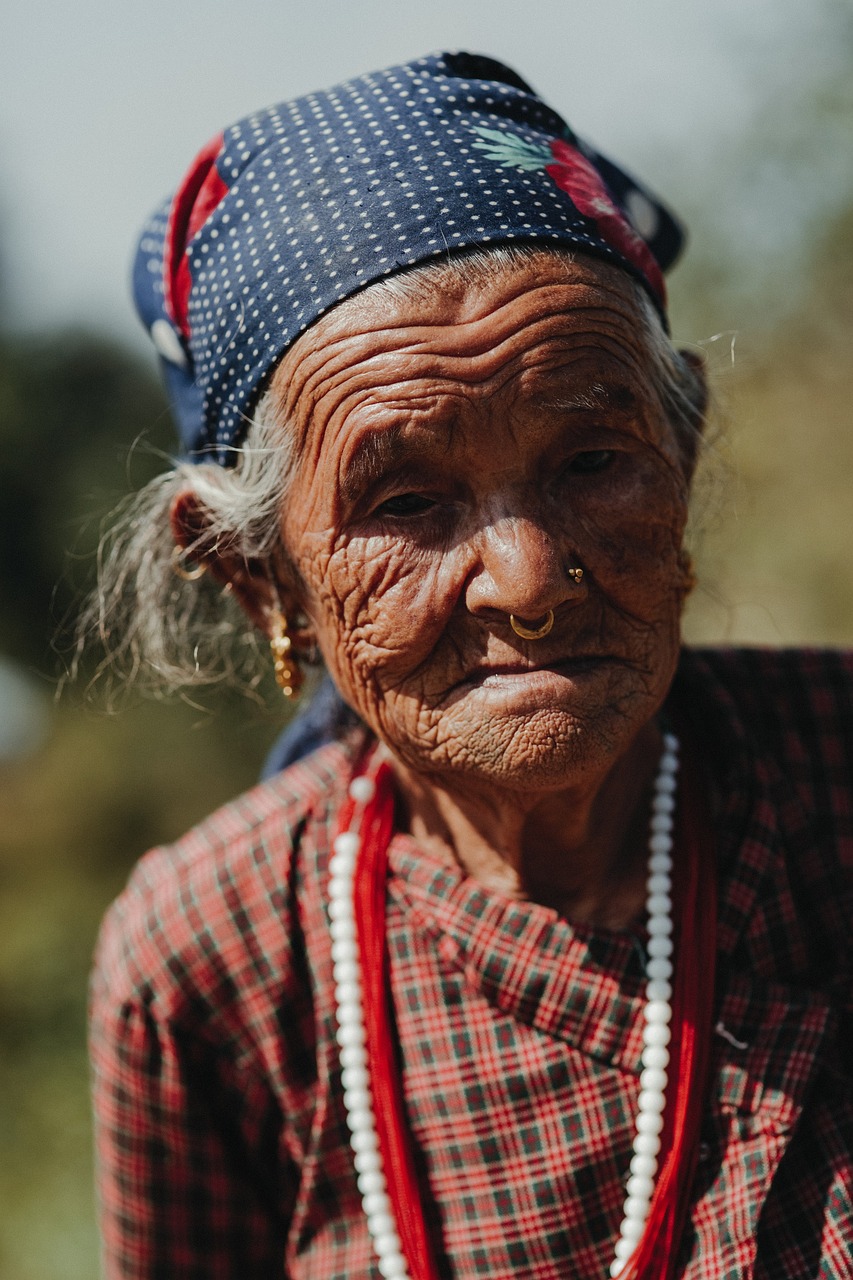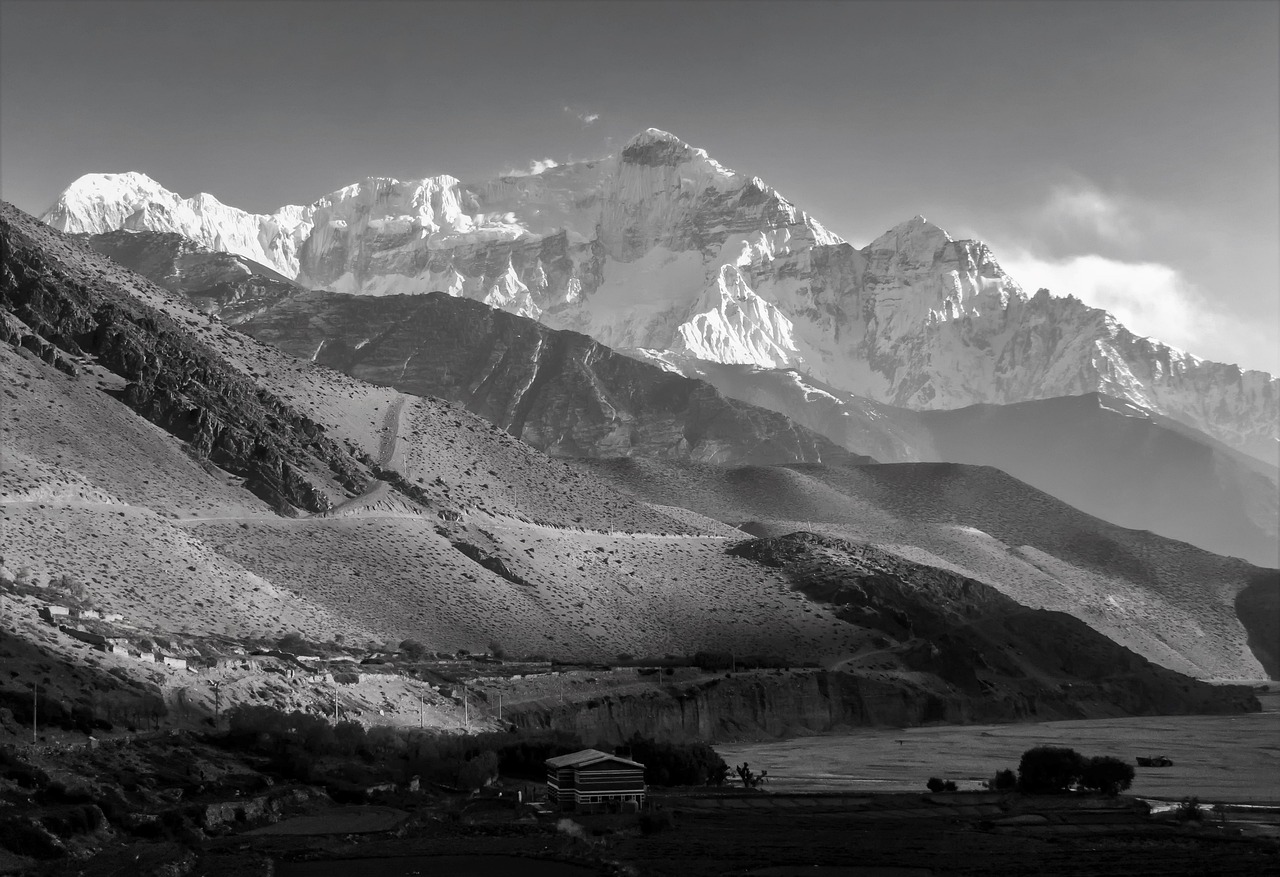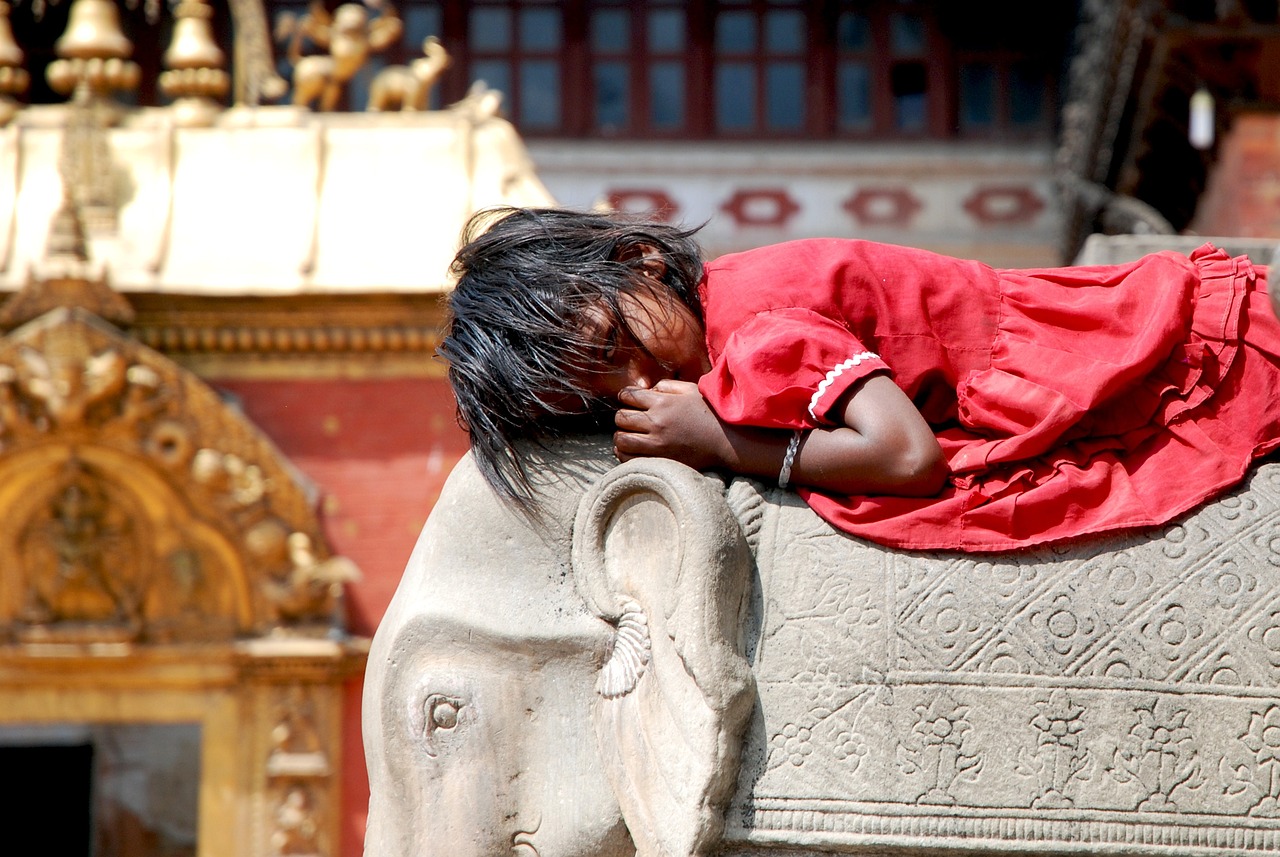Nepal Video
Emergency Services: What to Know While in Nepal
Nepal is a beautiful country located in South Asia, known for its stunning landscapes, rich cultural heritage, and warm hospitality. While visiting Nepal, it’s essential to be aware of the emergency services available in the country. This article aims to provide detailed information about emergency services in Nepal, ensuring that you are well-prepared and have a safe and enjoyable trip.
Medical Services
When it comes to medical emergencies, Nepal offers various options to cater to the needs of both locals and tourists. Here are some essential medical services available in Nepal:
- Hospitals: Nepal has several hospitals equipped with modern facilities and experienced medical professionals. Some renowned hospitals in Kathmandu include the Tribhuvan University Teaching Hospital, Grande International Hospital, and Norvic International Hospital.
- Emergency Helpline: In case of medical emergencies, you can dial 102 for an ambulance service. The emergency helpline is available 24/7 and can connect you to the nearest medical facility.
- Travel Insurance: It is highly recommended to have travel insurance that covers medical expenses while in Nepal. Ensure that your insurance policy includes emergency medical evacuation, as some remote areas may require helicopter rescue in case of severe emergencies.
- Pharmacies: Pharmacies are widely available in Nepal, especially in urban areas. Make sure to carry necessary medications and prescriptions, as certain medicines may not be readily available.
Police Services
The Nepalese Police play a crucial role in maintaining law and order in the country. Here’s what you need to know about police services in Nepal:
- Emergency Helpline: In case of any criminal activity, emergencies, or if you require police assistance, dial 100. The emergency helpline is available 24/7 and can connect you to the nearest police station.
- Tourist Police: Nepal has dedicated tourist police units to assist tourists. They are trained to handle issues specific to tourists, such as scams, thefts, and lost passports. Tourist police offices are located in popular tourist areas like Thamel, Pokhara, and Chitwan.
- Reporting Crimes: If you become a victim of a crime, report it to the police immediately. It is advisable to keep copies of important documents like passports and identification separate from the originals.
Fire Services
Fire incidents can happen unexpectedly, and it’s crucial to be aware of the fire services available in Nepal:
- Emergency Helpline: In case of a fire emergency, dial 101 to contact the fire department. Ensure that you provide clear and accurate information about the location of the fire.
- Fire Safety Precautions: It’s essential to follow fire safety precautions, especially in hotels, guesthouses, and public places. Familiarize yourself with the emergency exits and fire extinguisher locations in your accommodation.
- Fire Extinguishers: Some hotels and public spaces in Nepal are equipped with fire extinguishers. If you notice a fire, attempt to use the fire extinguisher only if it is safe to do so and within your capabilities.
Mountain Rescue Services
Nepal is home to some of the world’s highest peaks, including Mount Everest. If you plan to trek or climb in the mountains, it’s essential to be aware of mountain rescue services:
- Helicopter Rescue: In case of a severe mountain emergency, helicopter rescue services are available. It is recommended to have travel insurance that covers helicopter evacuation, as these services can be expensive.
- Trekking Agencies: If you are planning a trek or climb, it’s advisable to go through a reputable trekking agency. They can provide experienced guides and ensure safety measures are in place.
- Altitude Sickness: Altitude sickness can be a serious health concern in the mountains. It’s essential to acclimatize properly, stay hydrated, and be aware of the symptoms. If you experience severe symptoms, descend to a lower altitude and seek medical help.
Tourist Information Centers
Tourist Information Centers in Nepal are valuable resources for travelers, providing assistance and information about various aspects of your trip. Here’s what you need to know:
- Locations: Tourist Information Centers are located in major tourist areas, including Kathmandu, Pokhara, and Chitwan. They are usually situated near popular attractions or city centers.
- Services: These centers provide maps, brochures, and guidance on places to visit, transportation options, and cultural events. They can also assist with booking accommodations and arranging tours.
- Language Support: The staff at Tourist Information Centers often speak English and other foreign languages, making it easier for tourists to communicate and seek assistance.
Transportation Services
Navigating transportation in Nepal can be an adventure in itself. Here are some key points to keep in mind:
- Taxis: Taxis are a common mode of transportation in Nepal, especially in cities. Make sure to negotiate the fare before getting into the taxi or consider using ride-hailing services like Uber and Pathao.
- Public Buses: Public buses are the most affordable way to travel between cities and towns. However, they can be crowded and might not always adhere to strict schedules.
- Domestic Flights: Nepal has several domestic airports, making it easier to reach remote areas. Domestic flights are a convenient option for those with limited time or seeking to explore the Himalayan regions.
- Hiring Drivers: If you prefer a more personalized experience, you can hire a driver for your entire trip or specific segments. This option allows for flexibility and the opportunity to explore off-the-beaten-path destinations.
Natural Disaster Preparedness
Nepal is prone to natural disasters like earthquakes and landslides. Being prepared can make a significant difference in your safety. Here’s what you should know:
- Earthquakes: Nepal is situated in a seismically active region. Familiarize yourself with earthquake safety measures, such as taking cover under sturdy furniture and staying away from windows during tremors.
- Monsoon Season: Nepal experiences heavy rainfall during the monsoon season (June to September). Be cautious of flash floods, landslides, and road blockages during this time.
- Emergency Contact: It’s advisable to share your travel itinerary with a trusted contact back home and provide them with emergency contact numbers for Nepal.
Nepal Image 1:

Conclusion
Nepal is a captivating destination, but it’s essential to be well-prepared and informed about emergency services. Familiarize yourself with the available medical facilities, emergency helplines, and safety precautions. By taking these steps, you can ensure a safe and enjoyable trip to Nepal.
Nepal Image 2:

References
- Nepal Tourism Board: nepalvisit2020.com
- Ministry of Health and Population, Government of Nepal: mohp.gov.np
- Nepal Police: nepalpolice.gov.np
- Fire Services, Nepal: fireservices.gov.np
- Trekking Agencies’ Association of Nepal: taan.org.np
- Tourist Police Nepal: touristpolice.gov.np
- Department of Immigration, Nepal: immigration.gov.np
Nepal Image 3:



